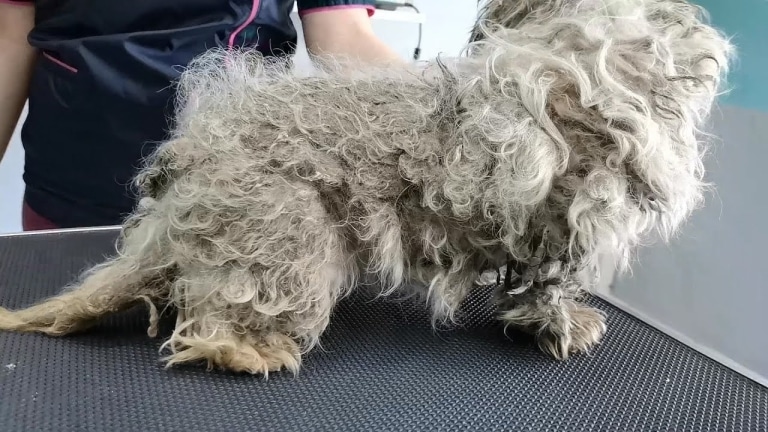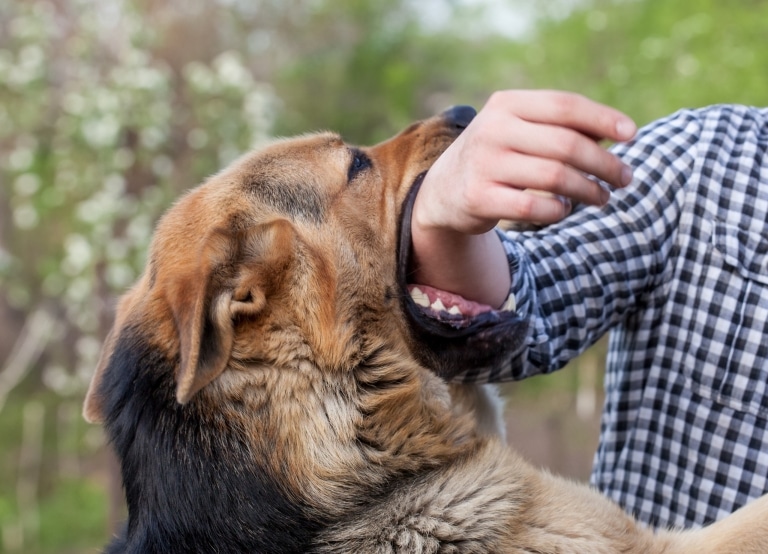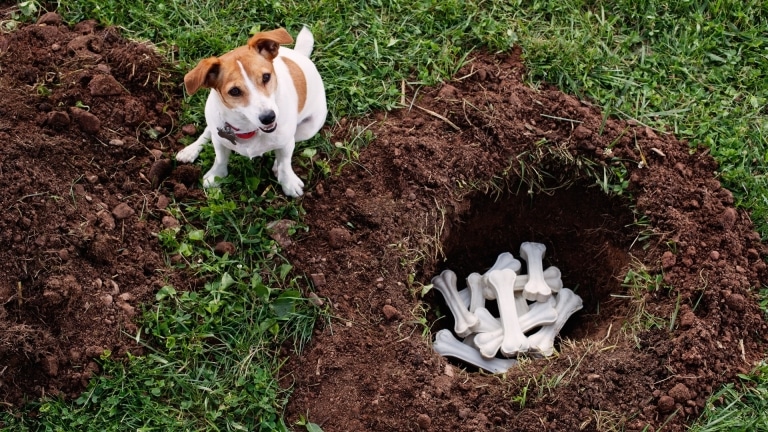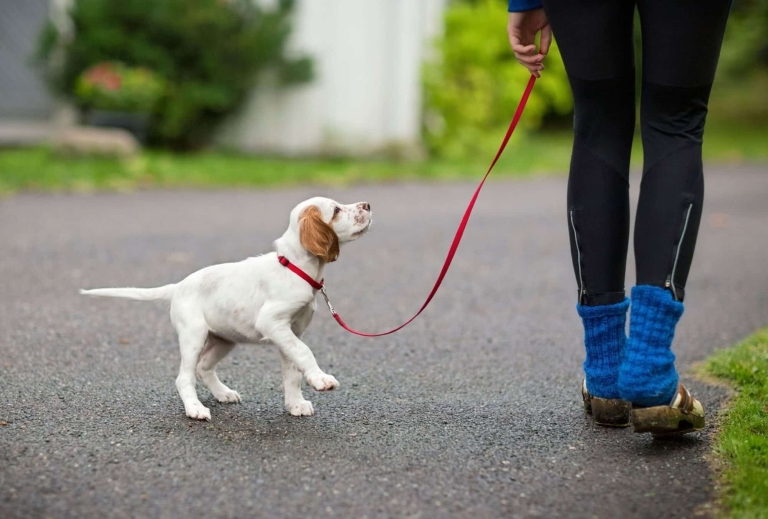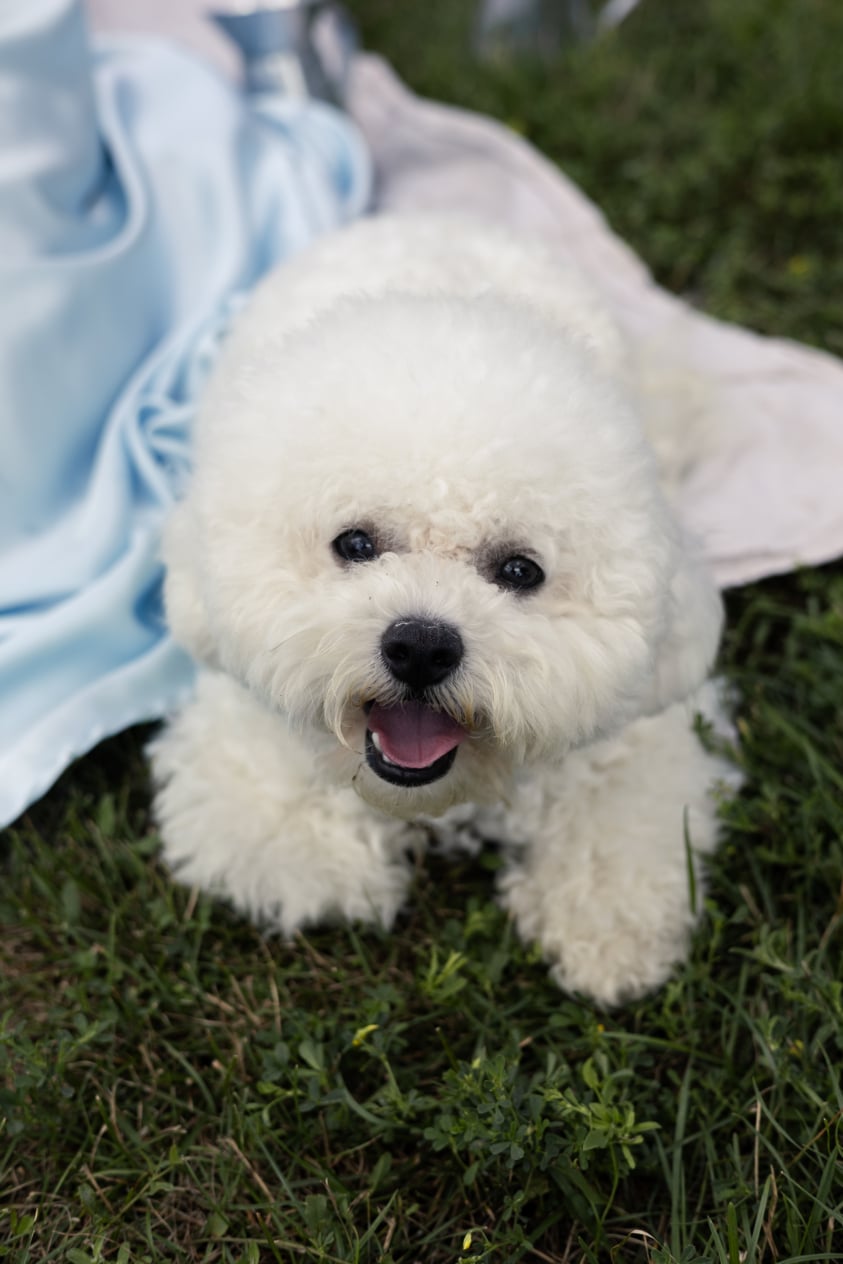
Outdoor bathing can be a great way to diversify your dog’s leisure time, but it’s important to consider the water features, health risks and proper aftercare. At V.O.G DOG SALON, we always emphasize the importance of a proper approach to bathing pets in the wild.
Swimming in a river, lake or sea: health risks
Water from natural bodies of water can contain various contaminants and microorganisms that can harm your dog:
- Bacteria and parasites. Standing bodies of water, such as lakes or ponds, often contain dangerous bacteria (such as leptospires) and parasites.
- Saltwater. Seawater can cause skin irritation if not rinsed off after swimming.
- Chemical contaminants. Rivers may contain chemical runoff from industrial facilities that is harmful to animals.
- Injuries. There may be sharp rocks, glass shards, or other dangerous objects on the bottom of a body of water.
Before allowing your dog to swim, make sure the body of water is safe and the water is clean.
How to properly rinse after saltwater bathing
Salt water can leave small salt crystals on the coat, causing dryness and irritation:
- Rinse thoroughly. After swimming in the sea, be sure to rinse your dog’s coat with clean fresh water, paying special attention to the paws, belly and ears.
- Use of conditioner. Apply a moisturizer to prevent dryness of the coat.
- Drying. The coat should be dried well with a towel or hair dryer, especially for long-haired breeds, to avoid irritations or fungal infections.
Why not all bodies of water are suitable for bathing dogs
Not all bodies of water are safe for bathing your pet:
- Standing bodies of water. Lakes, ponds or swamps often contain dangerous bacteria, parasites and algae that can be toxic.
- Polluted rivers. The water in such bodies of water may be contaminated with industrial or domestic sewage.
- Cold bodies of water. Avoid swimming in very cold water, especially for dogs with short coats, as this can lead to hypothermia.
Inspect the body of water carefully before swimming, checking it for algae, floating debris and other hazards.
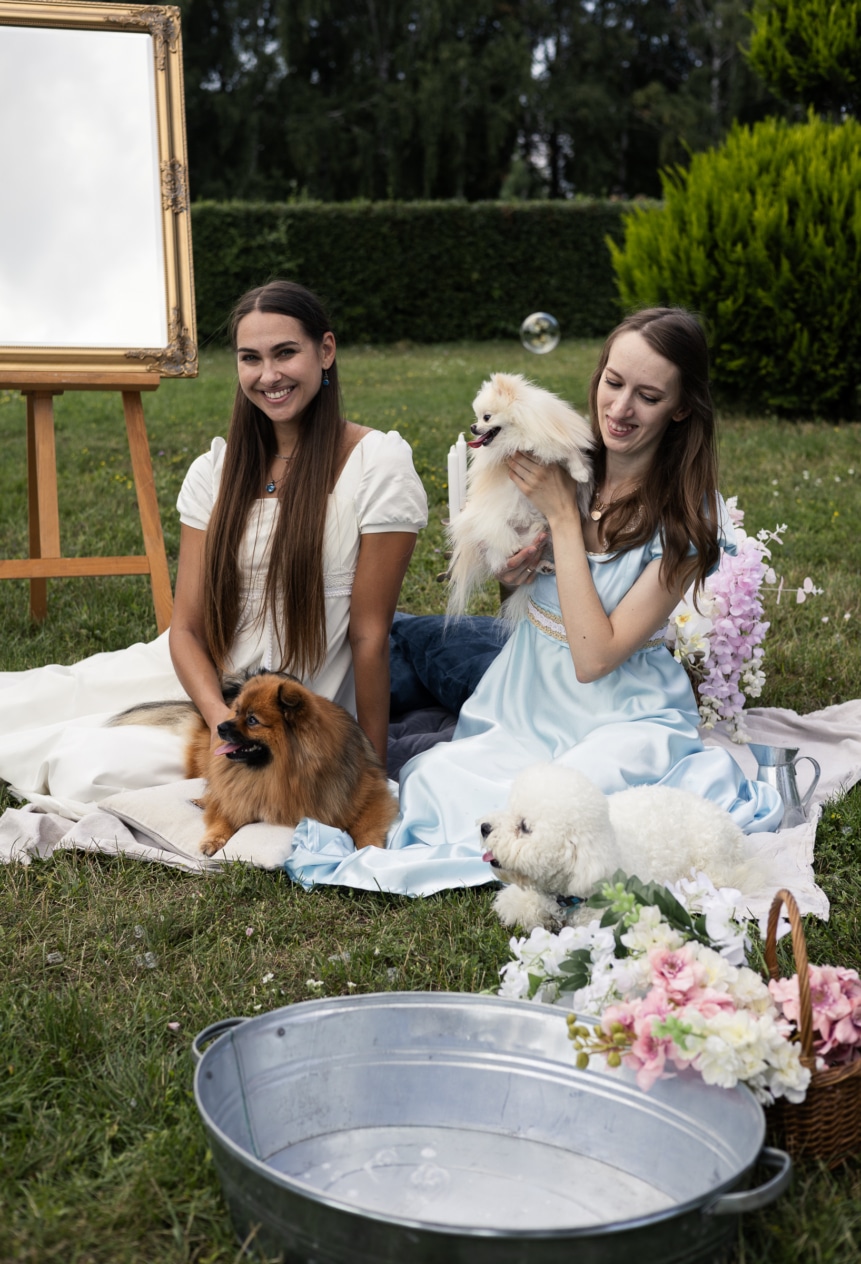

Tips for using natural shampoos in nature
If you need to clean your dog’s coat while outdoors, choose specialty products that won’t contaminate the environment:
- Biodegradable shampoos. Use shampoos that do not harm the environment. Such products rinse off easily and leave no toxic residue in the water body.
- Gentle formulas. Natural shampoos with aloe vera, oats or chamomile are great for cleansing the coat without irritating the skin.
- Careful application. Avoid getting shampoo in your dog’s ears and eyes.
Bottom line
Dog bathing in nature can be a particularly happy moment for your pet, if you ensure the right approach and adhere to the recommendations. Make sure to take care of the condition of your dog’s coat and skin after the water procedures, and if necessary, contact the professional groomers at V.O.G DOG SALON to ensure complete care. Let your pet enjoy nature without harming his health!


